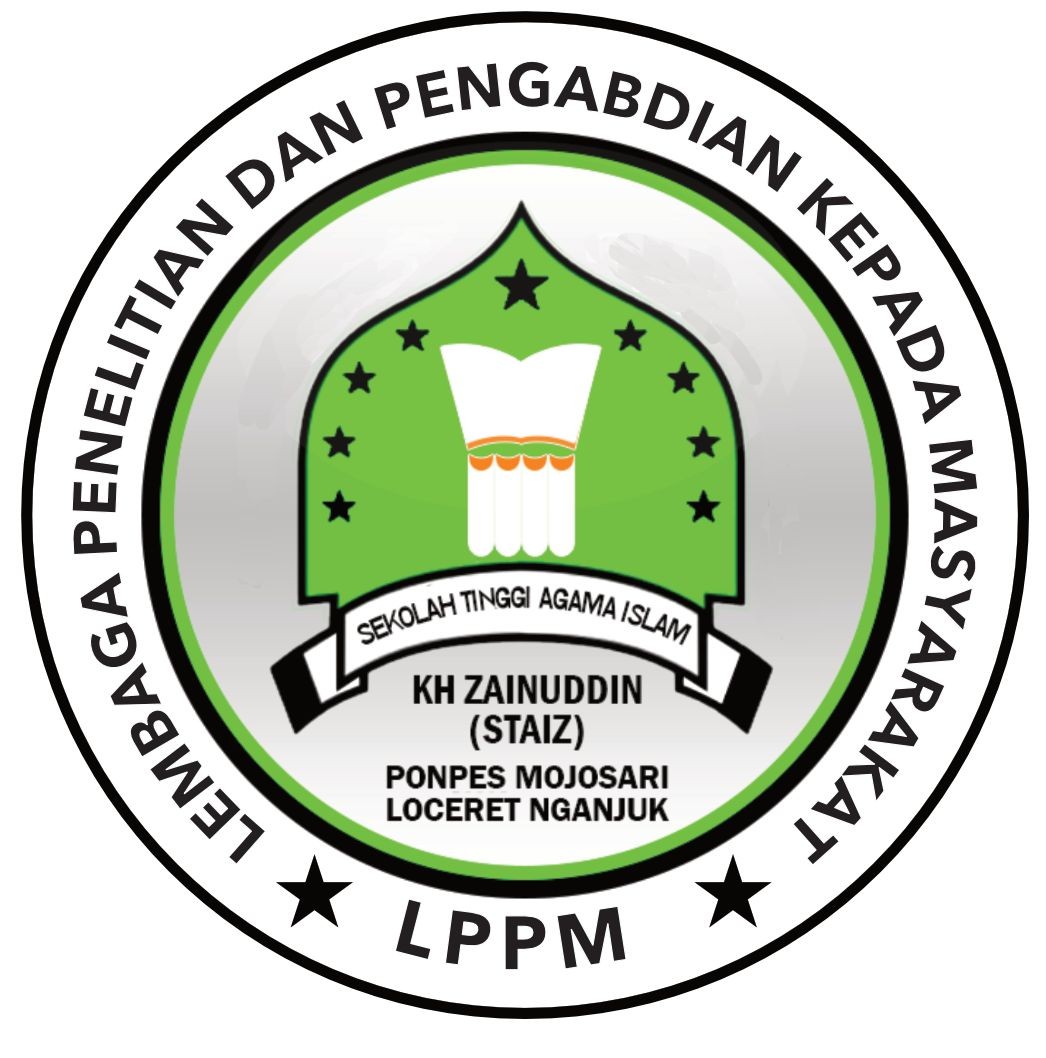Menuju Code of Conduct yang Mengikat: Dinamika Negosiasi ASEAN–China dalam Sengketa Laut China Selatan
DOI:
https://doi.org/10.71417/jchi.v1i2.10Keywords:
ASEAN, China, Code of Conduct, Laut China Selatan, Sengketa MaritimAbstract
Laut China Selatan merupakan kawasan strategis yang kaya sumber daya, namun menjadi sumber sengketa antara negara-negara ASEAN dan China. Untuk mengelola ketegangan, ASEAN dan China berupaya merumuskan Code of Conduct (COC) yang mengikat. Tulisan ini bertujuan mengkaji dinamika negosiasi COC pada April 2025, dengan fokus pada tantangan dan kemajuan. Metode yang digunakan adalah analisis dokumen hukum internasional seperti UNCLOS 1982, DOC 2002, dan putusan PCA 2016, serta literatur akademik. Temuan menunjukkan perbedaan posisi antara ASEAN dan China, terutama terkait cakupan COC, status mengikat, dan mekanisme penyelesaian sengketa. Tantangan utama meliputi perbedaan interpretasi di dalam ASEAN, penolakan China terhadap putusan PCA, dan kesenjangan antara retorika dan praktik. Meski begitu, terdapat prospek menuju COC yang mengikat pada 2026, yang berimplikasi pada stabilitas kawasan dan penguatan hukum laut internasional. Kajian ini merekomendasikan solidaritas ASEAN dan penguatan peran UNCLOS.
Downloads
References
ASEAN. (2002). Declaration on the Conduct of Parties in the South China Sea. https://asean.org/?static_post=declaration-on-the-conduct-of-parties-in-the-south-china-sea-2
ASEAN Secretariat. (2019). ASEAN Outlook on the Indo-Pacific. https://asean.org/asean-outlook-on-the-indo-pacific/
Batongbacal, J. A. (2017). The South China Sea’s Code of Conduct: Learning from other oceans. Ocean Development & International Law, 48(4), 335–352.
Batongbacal, J. A. (2023). Maritime Security and International Law in the South China Sea. University of the Philippines Law Center.
Batongbacal, J. A., & Heydarian, R. (2021). ASEAN centrality and the South China Sea Code of Conduct: Challenges ahead. Asian Politics & Policy, 13(4), 633–648.
Beckman, R. (2013). The UN Convention on the Law of the Sea and the maritime disputes in the South China Sea. American Journal of International Law, 107(1), 142–163.
Beckman, R. (2018). International law and the Code of Conduct for the South China Sea. Journal of Maritime Law & Commerce, 49(3), 367–390.
Chong, A., & Tan, A. (2024). Shiprider arrangements and the COC: A practical tool for joint patrols? Maritime Policy & Management, 51(5), 741–759.
Council on Foreign Relations. (2024). Timeline: China’s Maritime Disputes. https://www.cfr.org/timeline/chinas-maritime-disputes
Emmers, R. (2014). Security and Stability in the South China Sea: Towards a Cooperative Management Regime. Routledge.
Gao, Z. (2016). Legal issues of the South China Sea arbitration. Chinese Journal of International Law, 15(2), 355–374.
Hayton, B. (2019). The South China Sea: The Struggle for Power in Asia. Yale University Press.
International Court of Arbitration. (2016). Award of the South China Sea Arbitration (The Republic of the Philippines v. The People’s Republic of China). Permanent Court of Arbitration. https://pca-cpa.org/en/cases/7/
Kusuma, R. (2020). Peran UNCLOS dalam penyelesaian sengketa Laut Natuna. Jurnal Hukum Internasional, 17(2), 45–62.
Lee, S., & Ho, D. K.-C. (2020). Third-party mediation in the South China Sea disputes: Prospects and pitfalls. International Negotiation, 25(2), 241–263.
Nugroho, D. (2022). Manajemen konflik maritim: studi kasus Laut China Selatan. Jurnal Analisis Kebijakan, 12(4), 201–220.
Putri, A. (2021). Analisis Yuridis Code of Conduct Laut China Selatan Perspektif Hukum Maritim. Jurnal Maritime & Perdagangan Internasional, 10(3), 123–140.
Sihombing, Y. (2019). Implementasi Deklarasi 2002 dalam kerangka ASEAN. Jurnal Diplomasi & Politik Luar Negeri, 5(1), 81–98.
Siregar, M. (2018). Kebijakan ASEAN dan peran Code of Conduct dalam sengketa Laut China Selatan. Jurnal Ilmu Hubungan Internasional, 9(1), 22–40.
Storey, I., & Valencia, M. J. (2019). The politics of a Code of Conduct in the South China Sea. ISEAS Perspective, (74).
Thao, N. H., & Gürel, A. (2020). A comparative study of dispute settlement mechanisms under UNCLOS and the ASEAN Way. Journal of East Asian International Law, 13(1), 1–28.
Thayer, C. A. (2018). ASEAN and the South China Sea: Navigating a difficult path. Contemporary Southeast Asia, 40(1), 133–163.
United Nations. (1982). United Nations Convention on the Law of the Sea. https://www.un.org/depts/los/convention_agreements/texts/unclos/unclos_e.pdf
Valencia, M. J., & Batongbacal, J. A. (2017). The South China Sea’s Code of Conduct: Learning from other oceans. Ocean Development & International Law, 48(4), 335–352.
Wang, X. (2015). China’s position on the South China Sea: A legal perspective. Chinese Yearbook of International Law, 23, 153–181.
Xu, B. (2022). From Declaration to Code: ASEAN’s legal path in the South China Sea. Asian Journal of International Law, 12(2), 251–276.
Downloads
Published
License
Copyright (c) 2025 Ahfanza Nugraha El Pambajeng, Arviza Zulfara, Erinazila, Sintong Arion Hutapea (Author)

This work is licensed under a Creative Commons Attribution-NonCommercial-ShareAlike 4.0 International License.



















